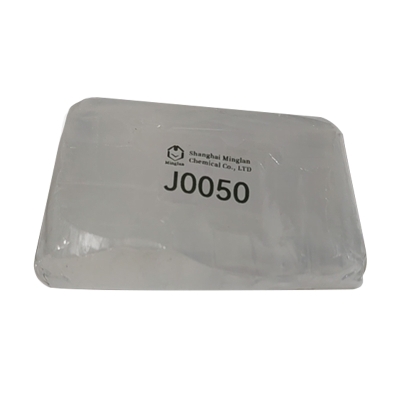-
Categories
-
Pharmaceutical Intermediates
-
Active Pharmaceutical Ingredients
-
Food Additives
- Industrial Coatings
- Agrochemicals
- Dyes and Pigments
- Surfactant
- Flavors and Fragrances
- Chemical Reagents
- Catalyst and Auxiliary
- Natural Products
- Inorganic Chemistry
-
Organic Chemistry
-
Biochemical Engineering
- Analytical Chemistry
-
Cosmetic Ingredient
- Water Treatment Chemical
-
Pharmaceutical Intermediates
Promotion
ECHEMI Mall
Wholesale
Weekly Price
Exhibition
News
-
Trade Service
Vitol Group, the world's largest independent crude trading company, said the global oil market could tighten
further due to disruptions in Russian exports and supply problems in countries such as Libya.
The Russia-Ukraine conflict has already pushed oil prices above $115 a barrel, and it may be even higher
.
"There are a lot of twists and turns ahead," Mike Muller, head of Asia at Vitol, said in a podcast produced by Dubai-based consultancy and publisher Gulf Intelligence on Sunday, "While I think the world is already predicting the fact that the Western Hemisphere won't have access to a lot of Russian oil, I don't think we're digesting everything
.
" ”
His view is in line with the forecasts of several commodity hedge funds and Wall Street banks such as Goldman Sachs, which expect oil prices to reach $
150 in the next three months.
Muller said there could be a more severe inversion
in the market.
Futures inversion is a bullish pattern in the market, and near-term futures contracts are more expensive than forward futures contracts because physical traders are eager to lock in supply
early.
Brent's 1-month term spread has reached its most inverted level
in at least a decade.
As the global economy and energy demand rebounded from the pandemic, crude oil prices rose
sharply last year.
Entering 2022, oil prices rose another 50% as major oil producers struggled to increase supply and the Russia-Ukraine conflict
broke out.
Energy exports are excluded from U.
S.
and European sanctions, but trading banks, carriers, insurers and banks are increasingly reluctant to accept Russian crude or provide trade finance
.
The country typically exports about 5 million barrels of crude per day, and its Urals crude was sold last week at a record discount
.
"Buying Russian oil is not yet illegal," Muller said, "but the means of buying are tightening
.
" ”







